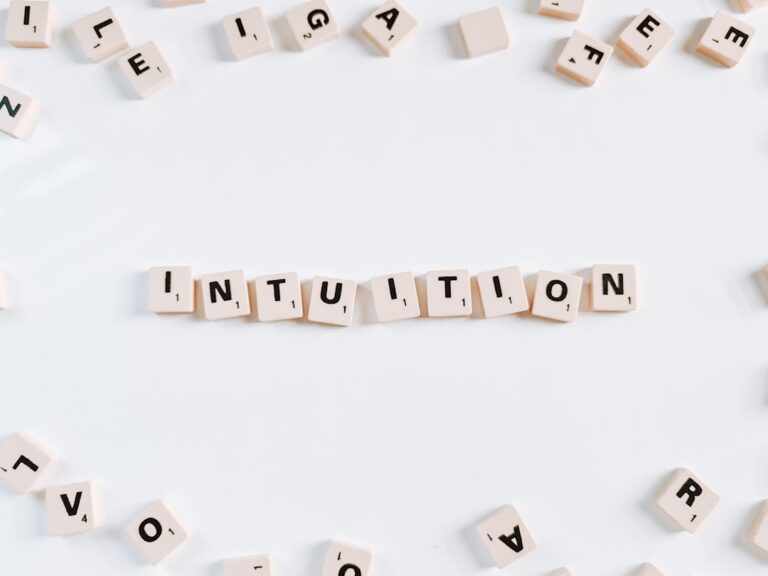
Life throws curveballs, doesn’t it? One moment everything feels stable, the next you’re navigating uncharted waters. Learning to adapt isn’t just a nice-to-have skill; it’s essential for peace and progress in our ever-changing world.
We all face moments when our plans crumble or unexpected challenges appear. I’ve certainly been there. There were times when breaking free from old habits like endless gaming or overeating felt impossible. But I learned that adapting isn’t about being perfect. It’s about building the muscle to bend without breaking. It’s about finding new ways forward when the path you planned disappears.
So, how do we get better at this? How do we build that inner strength to roll with the punches and emerge stronger? Here are 15 ways I’ve found helpful in my own journey.
1. Embrace the Unknown
See change as an adventure, not a threat. When I decided to overhaul my life, leaving behind years of unhealthy habits, the future felt hazy. But I chose to view it as an exciting challenge, a chance to rediscover who I was meant to be. This mindset shift made all the difference.
2. Learn New Things Continuously
Stay curious. Pick up a new skill. Read books outside your usual genre. When you constantly learn, your brain gets better at processing new information and adapting to different situations.
3. Question Your Assumptions
Don't just stick to the old ways because they feel familiar. Ask yourself, "Is this still the best way?" Sometimes our biggest blocks are the beliefs we hold about how things should be.
4. Practice Flexibility in Small Ways
Try a different route to work. Cook a new recipe. Change up your daily routine slightly. These small acts of flexibility make it easier to adapt when bigger changes come along.
5. Let Go of What You Cannot Control
This is a big one. We often waste so much energy trying to control things beyond our grasp. Focus your energy on what you can influence. During my journey to lose over 110 pounds, I learned quickly that I couldn't control the scale every single day, but I could control my food choices and daily movement.
6. Find the Lesson in Every Setback
Things won’t always go to plan. When you stumble, don’t just get discouraged. Ask, "What can I learn from this?" Every challenge holds a potential lesson that can help you adapt better next time.
7. Build a Strong but Flexible Routine
A good routine gives you a solid base, but don’t let it become a cage. My productive routine includes short bursts of deep work. It gives me structure, but I also leave room for unexpected tasks or adjustments. This balance keeps me grounded yet agile.
8. Break Big Goals into Small Steps
Overwhelming goals can paralyze us. Adaptability means finding a way to move forward, even if it's just a tiny step. When I started to lose weight, thinking about 110 pounds felt impossible. But focusing on losing 5 pounds at a time, celebrating each small victory, that made all the difference. Each small step built momentum and confidence.
9. Seek Different Perspectives
Talk to people who think differently than you. Read diverse opinions. Seeing things from another angle broadens your mind and helps you consider new approaches when facing change.
10. Celebrate Small Wins Along the Way
Don't wait for perfection to acknowledge your progress. Every tiny step forward, every successful adjustment, deserves recognition. This builds positive momentum and encourages you to keep adapting.
11. Reflect Regularly on Your Journey
Take time to think about what went well and what didn't. What did you learn? How did you react to challenges? This simple act of reflection helps you understand your patterns and make conscious choices for future adaptation.
12. Accept Discomfort as a Part of Growth
Growth rarely feels easy. When you step outside your comfort zone to adapt to something new, it often feels awkward or even scary. Lean into that discomfort. It means you’re growing.
13. Strengthen Your Faith
For me, my Christian Orthodox faith provides an unshakeable anchor. When life feels chaotic and everything changes around me, clinging to my relationship with God helps me find peace and purpose. Trusting in His plan gives me immense strength to adapt to any challenge, knowing I am not alone.
14. Focus on What You Can Control
This goes hand-in-hand with letting go of what you can't. When uncertainty strikes, identify the few things you can directly influence and put your energy there. This keeps you empowered and productive rather than overwhelmed.
15. Maintain a Sense of Humor
Sometimes, you just have to laugh at the chaos. A lighthearted attitude can prevent you from taking every challenge too seriously. It helps you bounce back quicker and approach problems with a clearer mind.
Learning to adapt is a continuous journey, not a destination. There are still days I find myself clinging to old ways, or feeling overwhelmed by change. But each time, I remember these principles. I remind myself that every challenge is an opportunity to practice, to grow, and to become more resilient.
How will you practice adaptability today? What small step can you take to open yourself up to new possibilities?





